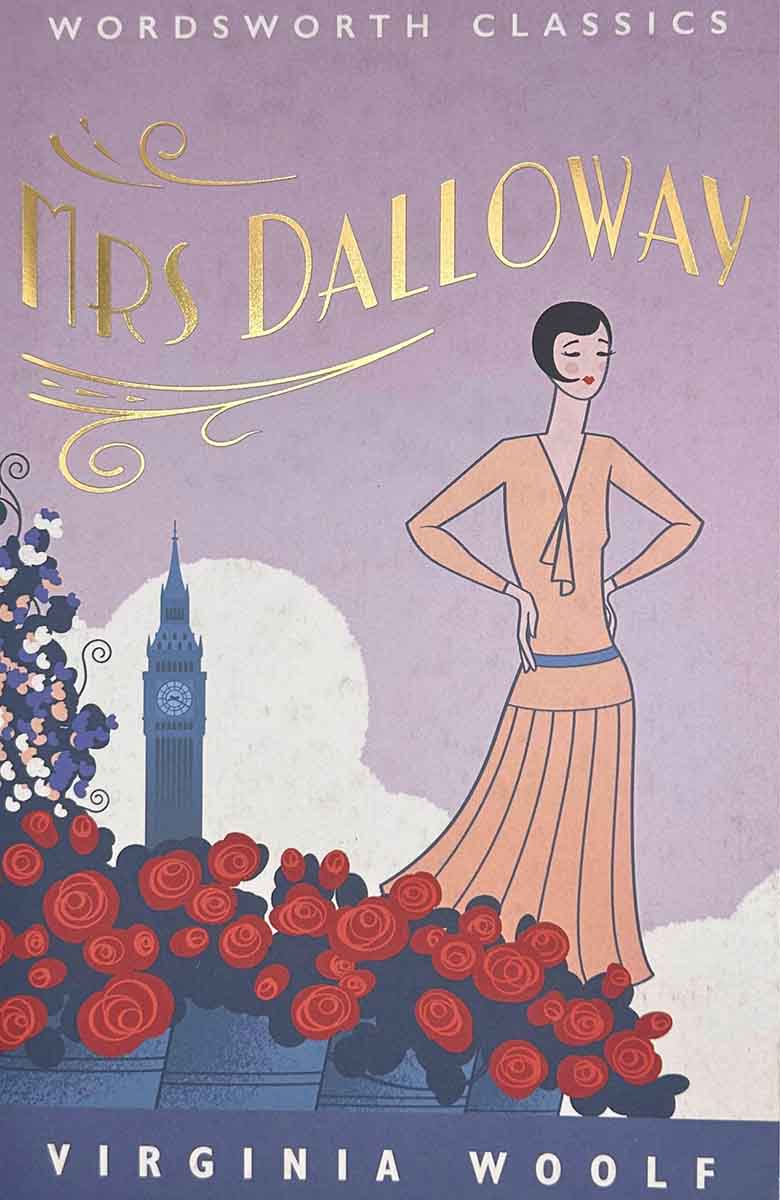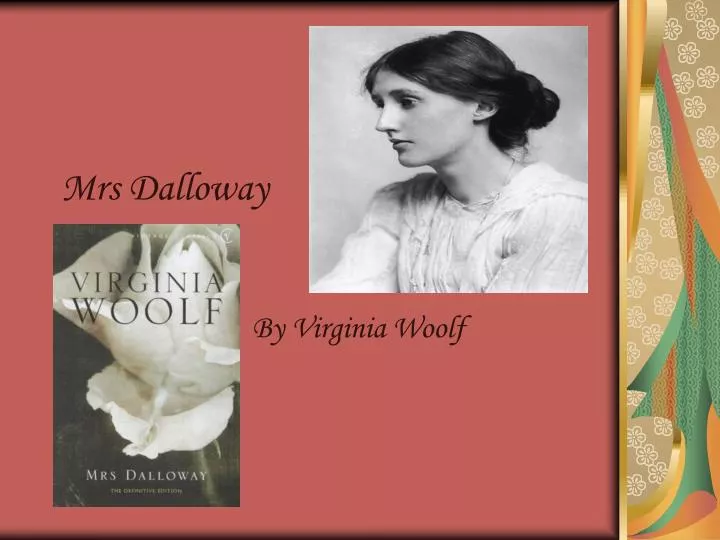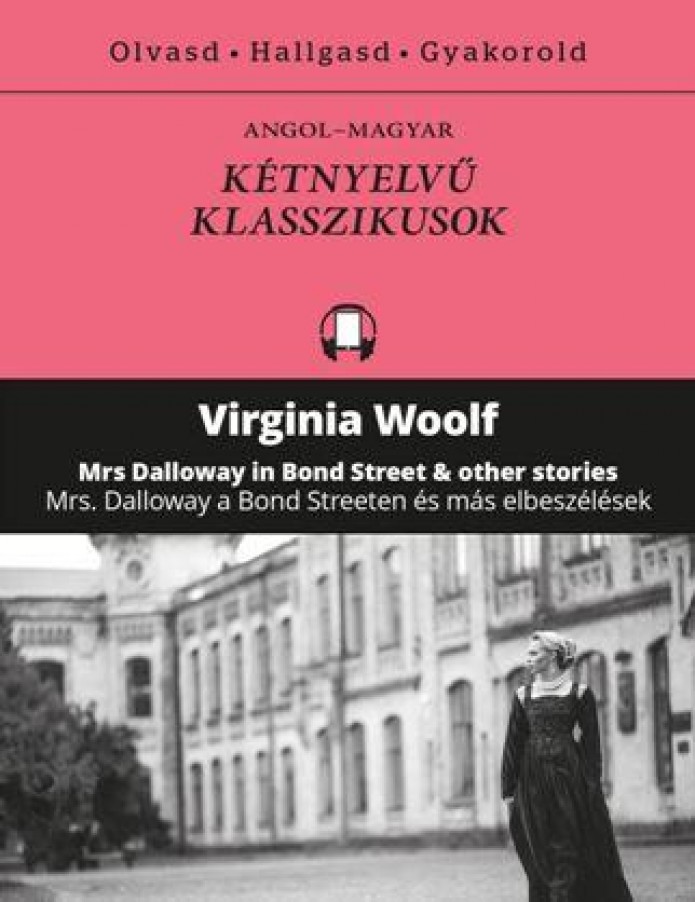



Virginia Woolf brought to light an ugly truth that people didn’t really talk about much at the time: the war really messed people up psychologically. Mrs Dalloway was daring not only in form, but also in content. Lesson over: now you're totally going to get bonus points for knowing what modernist literature is. Many critics say these radical experiments were a response to the violence of the World Wars. There was a lot of play with form, so a fragmented plot became more common than, say, having a clear beginning, middle, and end. Modernist literature plays all sorts of games with time and order, perspective, and point of view. (By the way, "Modernist Literature" is a hefty phrase that basically refers to literature written between 18, and involving experimentation with the traditional novel format. This brilliant woman was a vital part of the Modernist literature movement, and after her, books would never be the same. Along with James Joyce (whose Ulyssesis, well, good luck with that one), Woolf revolutionized the novel form by writing a story which takes place all in one day (get the 24 reference now?). And where would we be without Kiefer Sutherland running around besting terrorists? When Virginia Woolf published Mrs Dalloway in 1925, literature was undergoing some radical changes. Without Virginia Woolf, we might not have Jack Bauer.


 0 kommentar(er)
0 kommentar(er)
